Aging is a universal experience, yet its impact on each individual can vary significantly. For some, the post-retirement years are a chance to pursue hobbies, deepen family bonds, or even take on new adventures. However, for others, this period introduces unique emotional challenges. In India, where family ties traditionally provide a support structure, the mental health of the elderly is often intertwined with broader social and cultural dynamics.
As a psychiatrist, I’ve witnessed firsthand the emotional complexities that aging can bring. Addressing elderly mental health extends beyond managing conditions like depression or anxiety. It involves understanding the nuanced emotional landscape shaped by both life experiences and societal expectations. With the right interventions and support, older adults can continue to thrive and remain valuable contributors to their communities. However, achieving mental well-being in later life requires a thoughtful approach to navigate various biological, psychological, and social influences.
The Changing Landscape of Aging in India
India’s population is aging rapidly. Projections indicate that by 2050, over 347 million Indians will be above 60 years of age. While this shift highlights progress in healthcare and life expectancy, it also brings challenges, especially concerning elderly mental health. Longer lives do not necessarily equate to healthier lives, particularly when considering emotional well-being.
Many elderly individuals face isolation,chronic health issues, or even a sense of purposelessness. This reality contrasts with India’s traditional reverence for elders, who were once central figures in family and community life. Today, due to urbanization and younger generations moving away for work, many older adults find themselves without close family support. This shift can leave them vulnerable to feelings of loneliness, anxiety, and depression.
Consider Mrs. Patel, a 72-year-old woman from Gujarat who spent her life caring for her family. Following her son’s move abroad and the passing of her husband, she found herself alone for the first time. She began experiencing severe anxiety and depression, compounded by her own health challenges. Her story exemplifies the growing mental health struggles faced by the elderly in today’s shifting cultural landscape.
Psychological Theories of Aging and Their Clinical Implications
To support mental health in older adults, it’s essential to view aging through a developmental lens. Various psychological theories provide insights into how older adults process life’s transitions, helping practitioners design more effective interventions.
One widely recognized framework is Erik Erikson’s Stages of Psychosocial Development, specifically the final stage: Integrity vs. Despair. In this stage, older adults review their lives, aiming to reconcile past choices. A sense of fulfillment can bring peace, while unresolved regrets may lead to despair. Clinically, life-review therapy is valuable in guiding older adults through this reflection process, promoting closure and satisfaction in their later years.
For instance, Mr. Ramesh, a retired civil servant, struggled with a sense of purposelessness after retirement, burdened by regrets about an estranged relationship with his daughter. Through life-review therapy, he not only processed these feelings but also took steps to reconnect with his daughter. This brought him emotional relief, demonstrating how introspective therapies can foster healing.
Another insightful model is Carstensen’s Socioemotional Selectivity Theory (SST), which suggests that as individuals age, they prioritize emotionally satisfying relationships. This theory underscores the importance of close-knit social bonds in maintaining emotional health among the elderly. Clinically, this perspective encourages older adults to focus on nurturing meaningful relationships over quantity, which can alleviate loneliness and improve resilience.
-
Erikson’s Theory of Psychosocial Development
-
Carstensen’s Socioemotional Selectivity Theory
Mental Health Challenges Faced by the Elderly in India
Aging often brings a range of physical, social, and psychological changes, which can make older adults more susceptible to mental health issues. Among the elderly in India, common mental health concerns include depression, anxiety, and dementia. Unfortunately, these conditions are frequently overlooked or dismissed as typical parts of aging, despite their profound impact on quality of life.
Depression among older adults can be challenging to detect since its symptoms—such as fatigue, weight loss, or changes in sleep patterns—often overlap with other health issues. In India, where mental health issues still carry a stigma, many elderly individuals hesitate to seek help, resulting in worsening symptoms over time. Studies suggest that depression in the elderly is often linked to isolation, physical illness, and the death of loved ones. Early intervention can make a meaningful difference, with a combination of psychotherapy, medication, and social support being effective in managing symptoms.
Anxiety is also prevalent among older adults, particularly in those who have experienced significant life changes, such as the loss of a spouse or the onset of chronic illness. For example, Mr. Mehta, a 70-year-old from Pune, had always been self-assured. However, after a series of health setbacks, he began to experience intense anxiety, especially about his health. Cognitive-behavioral therapy (CBT) was instrumental in helping him address and manage his fears. CBT, widely studied and validated for anxiety, teaches patients to reframe negative thoughts, helping them develop healthier coping mechanisms.
Dementia, particularly Alzheimer’s disease, is among the most feared diagnoses in old age. Affecting memory, cognition, and daily functioning, dementia imposes a heavy burden not only on the individual but also on caregivers. In India, where extended family living arrangements are still common, caring for a family member with dementia can lead to caregiver burnout, a recognized health risk. Research shows that a comprehensive care plan—including early diagnosis, cognitive therapy, and structured support for caregivers—can improve outcomes and reduce stress for both patients and families.
-
Depression
-
Anxiety
-
Dementia
The Impact of Loneliness and Social Isolation
Loneliness and social isolation are some of the most pressing risk factors for mental health issues among older adults. In India, where family connections are traditionally strong, older individuals often find loneliness a distressing and unexpected experience. Migration, urbanization, and the fragmentation of joint families contribute significantly to the problem of social isolation among the elderly.
Consider Mrs. Rao, an 80-year-old widow in Hyderabad. After her husband’s passing and her children moving to other cities, she found herself alone. Over time, her health declined, and she became increasingly withdrawn and depressed. Loneliness is closely linked to several physical and mental health issues, including heart disease, hypertension, and cognitive decline. Studies indicate that loneliness increases the risk of dementia by approximately 50%, underscoring the importance of maintaining social bonds in old age.
Programs aimed at mitigating loneliness, such as community centers and senior support groups, have proven to be beneficial. In urban areas like Mumbai, senior citizen clubs provide spaces where older adults can socialize, engage in recreational activities, and find emotional support. These interventions enhance not only mental health but also physical well-being, helping elderly individuals maintain a sense of purpose and belonging.
Stigma and Ageism: Barriers to Elderly Mental Health Care
Addressing mental health among the elderly in India involves overcoming significant barriers, primarily stigma and ageism. Mental health concerns are often viewed as personal flaws or weaknesses, and this stigma can be particularly strong in older generations, who grew up when discussing mental health was rare, and treatment options were limited.
In addition, ageism complicates these issues further. As a society increasingly focused on youth and productivity, older adults may feel marginalized or dismissed. Ageist attitudes—such as assuming an elderly person's symptoms are simply "part of getting old"—can prevent timely and effective care. This can lead to a harmful cycle, where feelings of invisibility and worthlessness exacerbate mental health issues.
For example, Mr. Rajan, a 78-year-old man, struggled with depression for years but hesitated to seek help, believing that his age meant "it was too late" for improvement. With therapy and family support, he eventually began to challenge these ingrained beliefs, learning that mental well-being is valuable at every stage of life. Mr. Rajan’s experience highlights the importance of addressing not only the symptoms of mental health issues but also the attitudes that prevent older adults from seeking help.
The Importance of Early Intervention and Prevention
Early intervention plays a crucial role in improving mental health outcomes for the elderly. Many conditions, such as depression and anxiety, can be managed effectively if recognized and addressed early. However, older adults often delay seeking help due to stigma or the misconception that mental health challenges are a natural part of aging.
In India, the responsibility of detecting early signs of mental health issues often falls on family members. Family caregivers are often the first to notice changes in mood, behavior, or cognition in their elderly relatives, making them vital in ensuring timely intervention. However, caregiving itself is demanding, and without adequate support, caregivers may experience burnout, which can compromise their well-being and ability to care for their loved ones.
For example, Mrs. Radhika, a 60-year-old caregiver for her 85-year-old mother with dementia, began to experience symptoms of anxiety and exhaustion due to the high demands of caregiving. Her own mental health deteriorated until her physician identified the signs of caregiver burnout. With support services such as respite care, counseling, and caregiver support groups, Mrs. Radhika was able to care for her mother more effectively while maintaining her own well-being. Research indicates that supporting caregivers reduces the risk of burnout and enhances the quality of care for elderly patients.
Evidence-Based Interventions for Elderly Mental Health
A range of evidence-based interventions has proven effective in improving mental health among the elderly. From psychological therapies to social programs, these interventions make a tangible difference in the quality of life for older adults.
Cognitive-behavioral therapy (CBT) has demonstrated strong efficacy in treating depression and anxiety in older adults. CBT works by helping individuals identify and challenge negative thought patterns, which can improve mood and reduce anxiety. Research shows that elderly patients who participate in CBT experience significant improvements in symptoms compared to those who do not receive therapy. For example, studies in India and internationally have found CBT to be particularly effective when integrated into elderly care settings, making it a valuable tool in clinical practice.
Social interaction is vital for mental health at any age, but it becomes particularly important in later life, as social networks tend to shrink. Programs that promote social engagement, such as community centers, senior clubs, and group therapy, help reduce loneliness and isolation, which are major risk factors for depression and cognitive decline. In addition to providing companionship, these programs encourage physical activity and cognitive stimulation, both of which are essential for maintaining mental acuity.
Regular physical activity is linked to better mental health outcomes in older adults. Exercise has been shown to improve mood, reduce anxiety, and enhance cognitive function. Activities like walking, yoga, and light aerobic exercise help older adults remain physically active and mentally sharp. Studies have confirmed that exercise not only benefits physical health but also provides psychological advantages, reducing symptoms of depression and improving overall well-being.
Mindfulness practices, such as meditation and breathing exercises, are effective in helping older adults manage stress and anxiety. Research on mindfulness-based interventions has demonstrated improvements in emotional regulation, reductions in depressive symptoms, and enhancements in overall mental well-being. Meditation has also been shown to slow cognitive decline, making it a valuable component of elderly mental health care.
In rural India, where access to mental health services may be limited, community-based programs provide essential support to elderly individuals. Mobile mental health clinics, telehealth services, and outreach programs bring mental health care to remote areas. These programs address an important gap in healthcare accessibility, enabling elderly residents in rural communities to receive support and reducing disparities in mental health outcomes.
-
Psychotherapy
-
Social Engagement Programs
-
Physical Exercise
-
Mindfulness and Meditation
-
Community-Based Mental Health Care
Government Policies and Initiatives Supporting Elderly Mental Health
Recognizing the growing mental health needs of the elderly, the Indian government has implemented policies and initiatives aimed at improving their well-being. The following initiatives demonstrate a commitment to supporting older adults through comprehensive healthcare and social services.
The NPHCE is a government initiative that provides healthcare services tailored to the elderly. Focusing on healthy aging, chronic disease management, and mental health, the program emphasizes geriatric care at all levels—from primary care facilities to specialized hospital units. Training healthcare workers to recognize and address mental health conditions in older adults is a critical component, ensuring that elderly patients receive specialized, sensitive care.
Elderline is a national helpline that supports older adults facing issues such as abuse, isolation, and mental health concerns. Offering counseling, legal aid, and connections to healthcare services, Elderline serves as a lifeline for those in need. By providing accessible support, the helpline empowers elderly individuals to seek help and ensures they have a resource to rely on.
The Maintenance and Welfare of Parents and Senior Citizens Act mandates that adult children are responsible for the care of their elderly parents. This law provides legal recourse for older adults if they are neglected or abandoned, reinforcing the value of family support. While this legislation provides some security, continued efforts are needed to ensure that all older adults, particularly those in poverty or rural areas, have access to mental health and social support services.
-
The National Programme for Health Care of the Elderly (NPHCE)
-
Elderline
-
The Maintenance and Welfare of Parents and Senior Citizens Act (2007)
Breaking the Stigma: Changing Attitudes Towards Elderly Mental Health
Addressing elderly mental health in India requires a shift in societal attitudes. Mental health issues are still stigmatized, and elderly individuals, in particular, may feel judged or misunderstood for seeking help. Stigma prevents many from seeking the care they need, and this is especially prevalent in older generations who were raised in a time when mental health was rarely discussed and even more rarely treated.
Ageism further complicates matters. In a society that increasingly glorifies youth, older adults can feel invisible or irrelevant. Ageist attitudes often dismiss an elderly person’s struggles as merely "part of aging," leading to under-treatment or even neglect. Yet, recognizing the mental health needs of older adults and respecting their emotional challenges is essential to fostering a more inclusive society.
For instance, Mrs. Kapoor, a 76-year-old retired teacher, initially had her symptoms of depression dismissed as typical "old-age blues" by her family. Only after attending a community awareness program did her family come to understand the seriousness of her condition. With professional support, Mrs. Kapoor’s mental health improved, allowing her to enjoy a higher quality of life. Her story illustrates the impact of raising awareness and combating stigma, both of which are key to ensuring that elderly individuals receive the support they deserve.
Public health campaigns that emphasize the importance of mental health for all ages can help reduce stigma, encouraging families to support their elderly relatives. Changing societal perceptions and educating families about the signs of mental health issues are essential for creating a more compassionate and supportive environment.
Conclusion: Embracing Healthy Aging in Mind, Body, and Spirit
As India's elderly population continues to grow, addressing mental health has become imperative. Aging presents unique challenges but also brings opportunities for growth, reflection, and connection. With the right interventions and support systems, older adults can lead fulfilling lives, contributing to their families and communities.
Prioritizing mental health is integral to healthy aging. This commitment requires not only access to mental health services but also environments that promote social interaction, emotional support, and physical activity. Mental health care for the elderly should be seen as vital as physical health care, recognizing that both are interdependent aspects of well-being.
Let us remember that aging is not merely a biological process but a deeply personal journey that requires empathy, care, and respect. By addressing stigma, encouraging early intervention, and ensuring access to evidence-based treatments, we can help elderly individuals navigate this life stage with dignity and grace.
In supporting healthy aging, both physically and mentally, we embrace the values of compassion and inclusivity. Our elders deserve to live their golden years with purpose, peace, and mental well-being, and as individuals, families, and communities, it is our responsibility to support them on this journey.
TAGS: Elderline, dementia, loneliness Solutions, Erikson’s Theory, emotional challenges, NPHCE, social isolation, Aging Population, Socioemotional Selectivity Theory, The Maintenance and Welfare of Parents and Senior Citizens Act (2007), National Programme for Health Care of the Elderly
Disclaimer: All characters and events depicted in this blog are entirely fictional. Any resemblance to actual persons, living or dead, is purely coincidental. The content is intended for informational purposes only and should not be considered as medical advice. Always consult a qualified healthcare professional for medical concerns.

Dr. Saurabh Kumar
Dr. Saurabh Kumar is founder of Bihar Healthy Minds, specializes in clinical psychiatry, psychosomatic medicine, and expertise in various aspects of mental health. His research explores innovative treatments like Transcranial Magnetic Stimulation (TMS) and addresses stigma and psychopathology in mental illness. You can find Dr. Saurabh Kumar on Facebook , Instagram and Twitter as well.
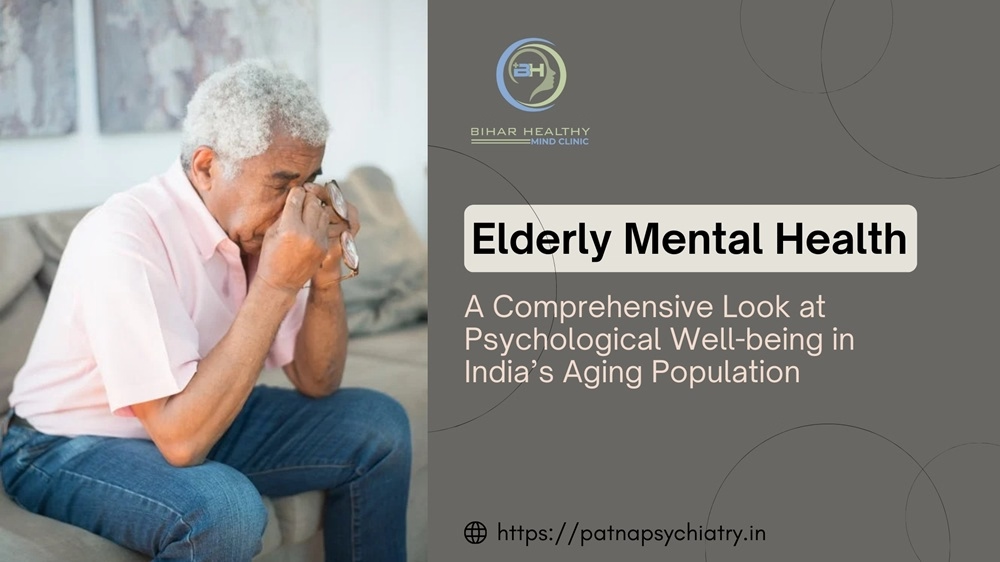
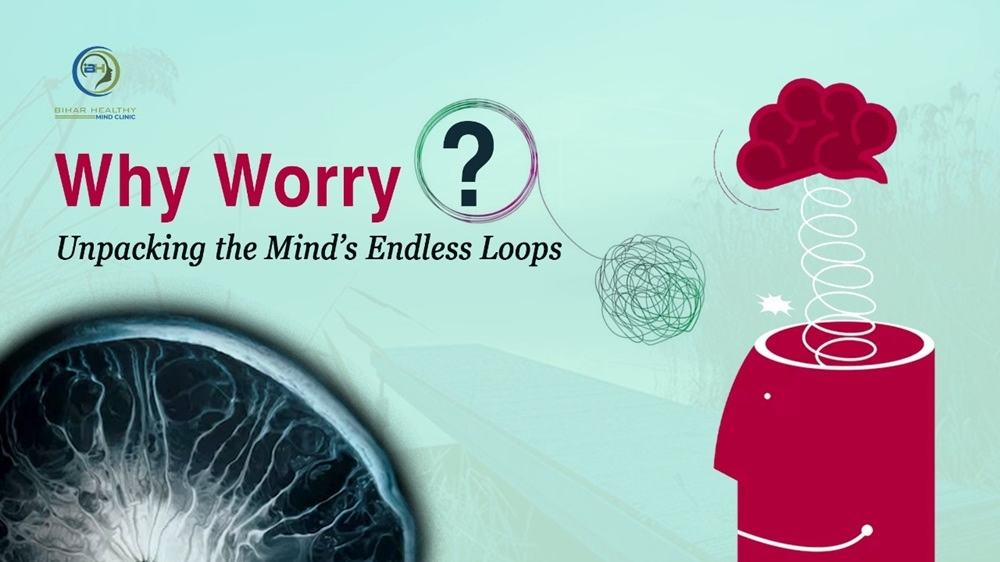
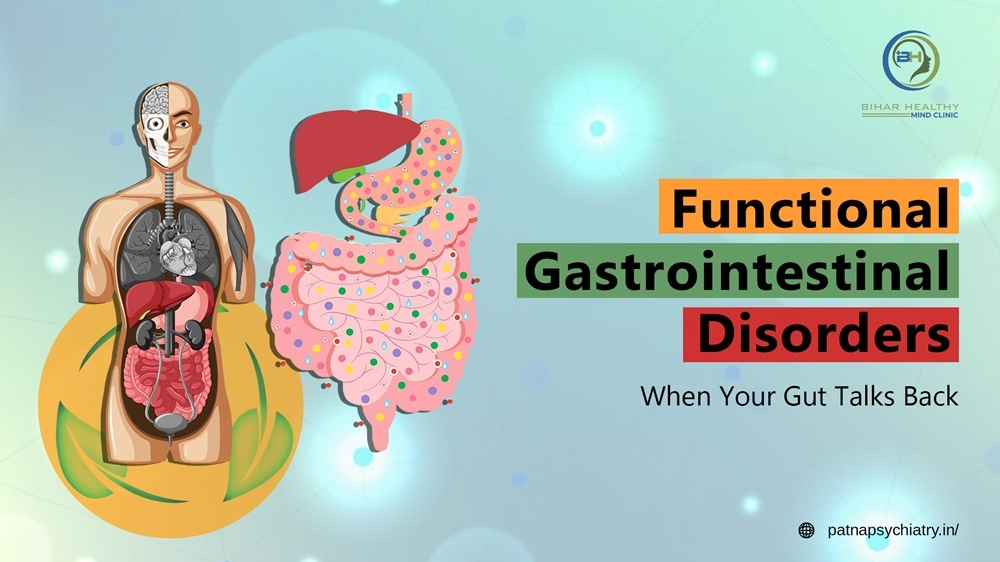
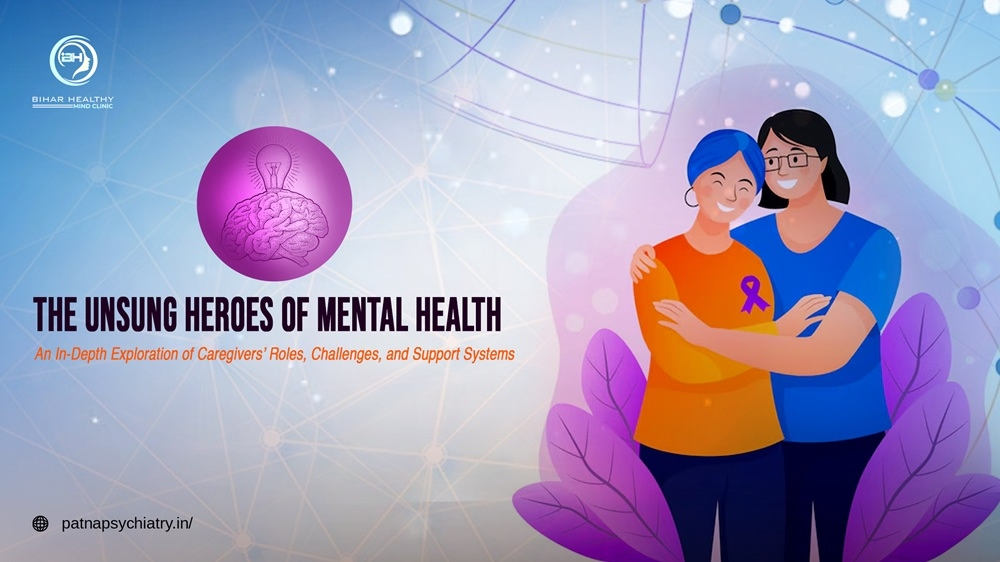
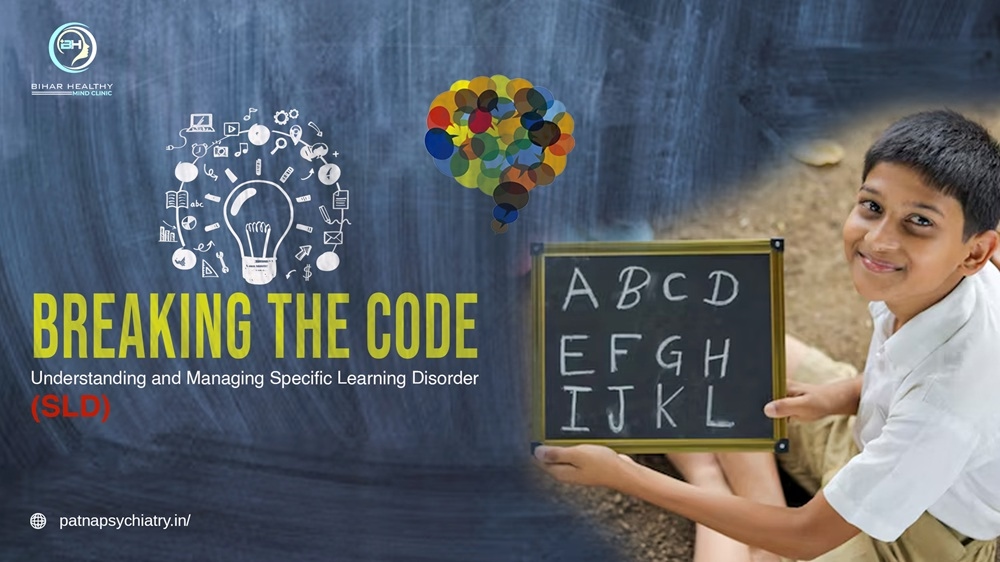
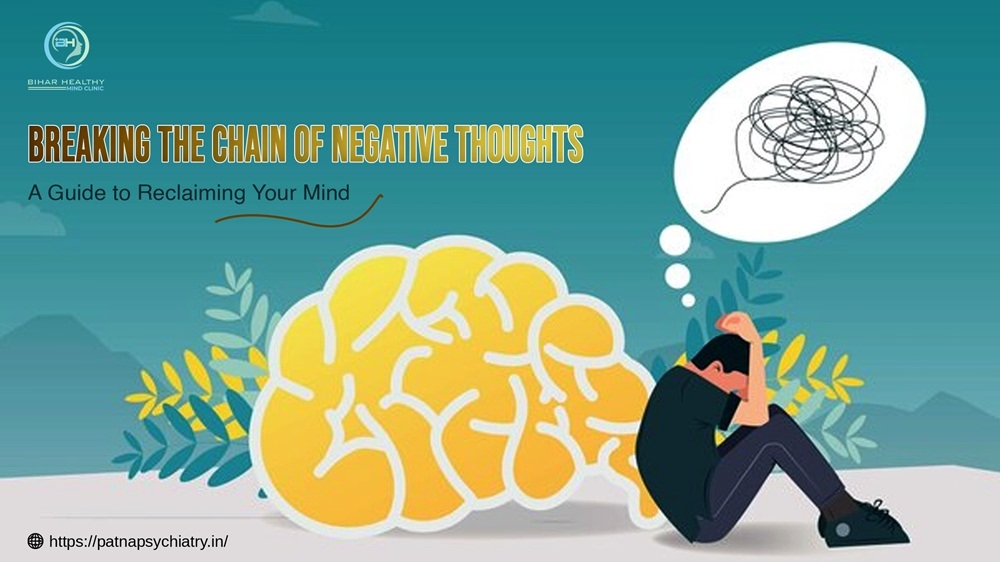
No comments yet. Be the first to comment!